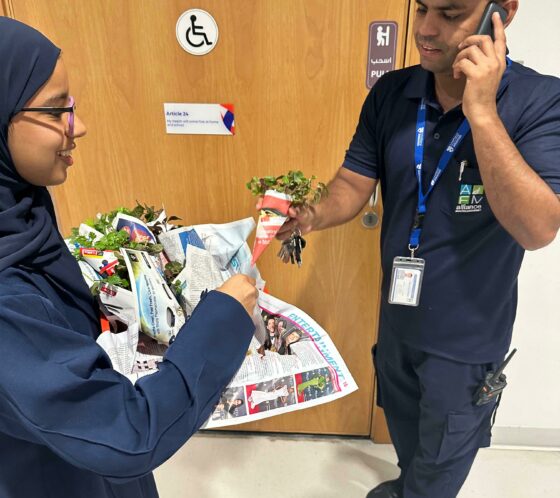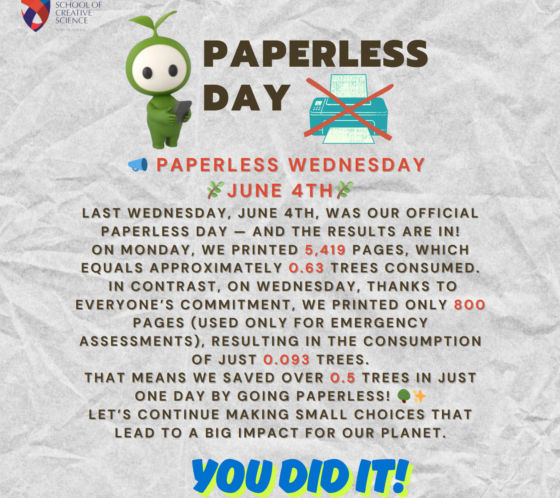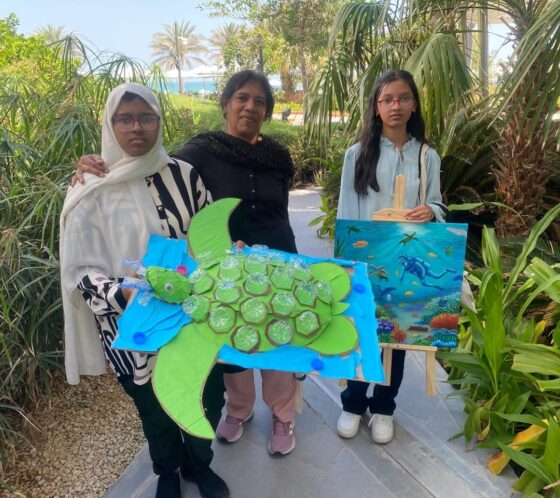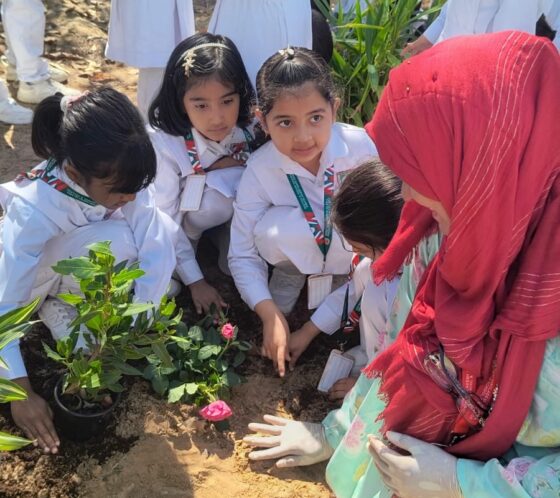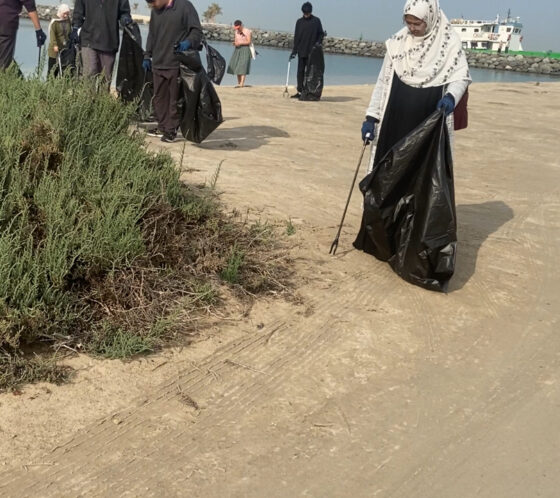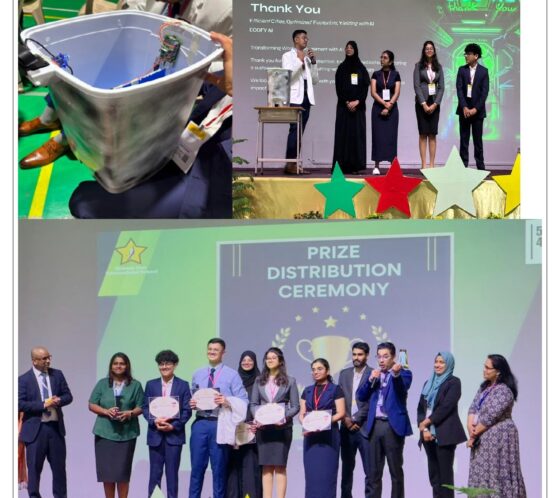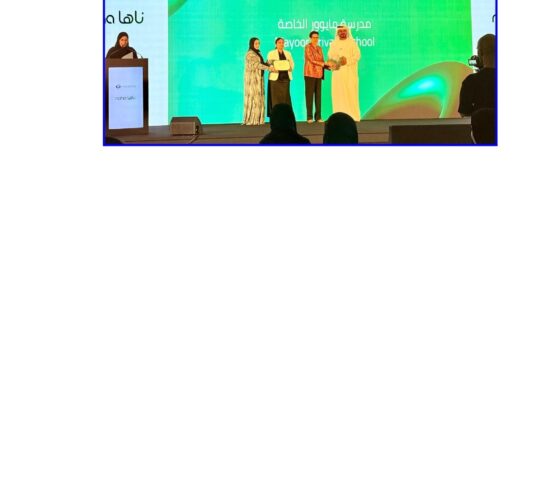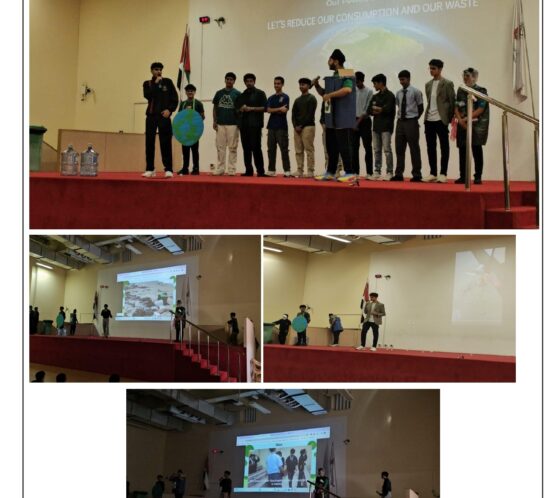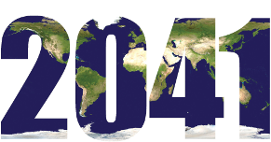A newly published article using data from NASA’s GRACE gravity mapping programme shows that the world’s fresh water supply is under threat from overuse. GRACE uses GPS satellites (the same ones that the satnav in your car or phone use) along with equipment on the ground to measure the Earth’s gravity field extremely accurately. By looking at changes in the gravity field over time, scientists can make estimates as to how fast we are using the fresh water that is stored in large underground layers of permeable rock called aquifers. These aquifers provide around 35% of all the fresh water that we use worldwide so they are a vital resource. For example, the giant Arabian Aquifer System in the Middle East (which lies mainly beneath Saudi Arabia and Yemen) provides fresh water for over 60 million people.
The data from GRACE show that between 2003 and 2013 we have on average been taking water out of 21 of the 37 largest aquifers in the world faster than it has been replenished by rain and other natural sources. Some of the worst affected aquifers include the Arabian Aquifer System, the Ganges-Brahmaputra Basin (one of the most densely populated regions in the world), the Californian Central Valley in the US and the Canning Basin in western Australia. This Washington Post article gives more details and has a great interactive map showing the aquifers under threat.
This is a very worrying state of affairs and is something that needs to be addressed the world over. Worldwide, most water is used in agriculture (70%), with a further 20% used by industry and just 10% by individual households. So is there anything we can individually do to make a difference? Of course there is!
- Are you a carnivore? A lot of people across the world eat a lot of meat. Take a look at this chart – if you are a meat-eater in one of the red or orange countries chances are you’re eating way more meat than the world average. Producing meat uses an awful lot of water, over 10 times as much per ton of food than vegetables. So if you think you can’t affect all that water used by agriculture worldwide, think again! You can start making a difference by just reducing the amount of meat that you eat (you may have heard of ‘Meatless Mondays‘).
- Do you eat fruit and veg? Try to choose to eat local, seasonal produce. Local produce requires less transport, meaning less water use, and in season produce uses fewer resources to grow as it is less likely to be grown in a lit, heated, greenhouse.
- How often do you buy new clothes? Growing cotton for clothes, processing it in to thread, dying it and transporting the final product to your local shop all uses a lot of water. Can you go a little longer with that old T-Shirt? Or why not upcycle it into something new and exciting? You could even run a Trashion Show!
- What about electronics? Making products like mobile phones, tablets and laptops is water intensive. If you can live without having the latest and greatest then you’re helping save water! And when you’re finished with your mobile phone, make sure you recycle it.
- And don’t forget that 10% of water used by households. It may not sound much in percentage terms, but that 10% amounts to a worldwide average of 506,000 litres per person per year. That average masks a large range depending as to where you live – for example US citizens consume around 3 times the world average. This chart shows you how this differs across the world. Why not do a water audit and see where you can save water at home?
These are just a few ideas to get you started, there are all sorts of ways to conserve water. If you’ve got any great ideas on how to use less water, or any stories about what you have done to save water then let us know in the comments below.
Photo credit: “Craquelure (2650813995)” by Axel Kristinsson from Reykjavík, Iceland – Uploaded by russavia. Licensed under CC BY 2.0 via Wikimedia Commons – https://commons.wikimedia.org/wiki/File:Craquelure_(2650813995).jpg#/media/File:Craquelure_(2650813995).jpg

